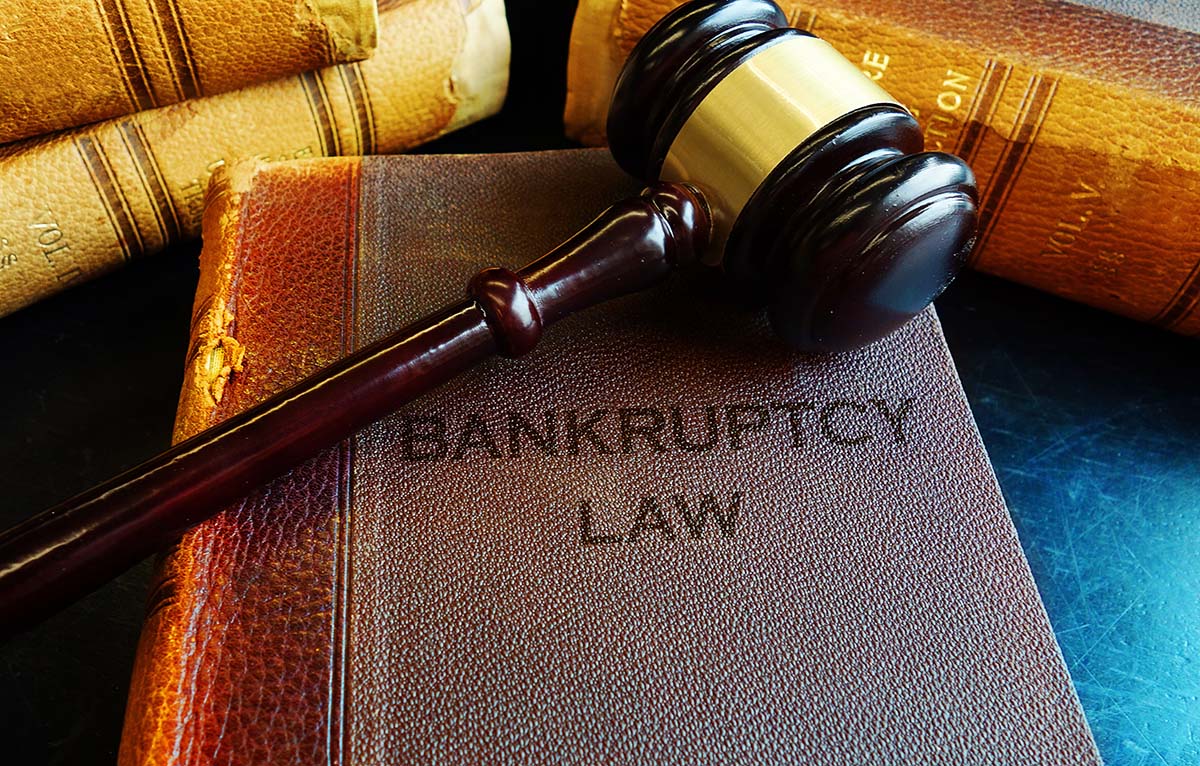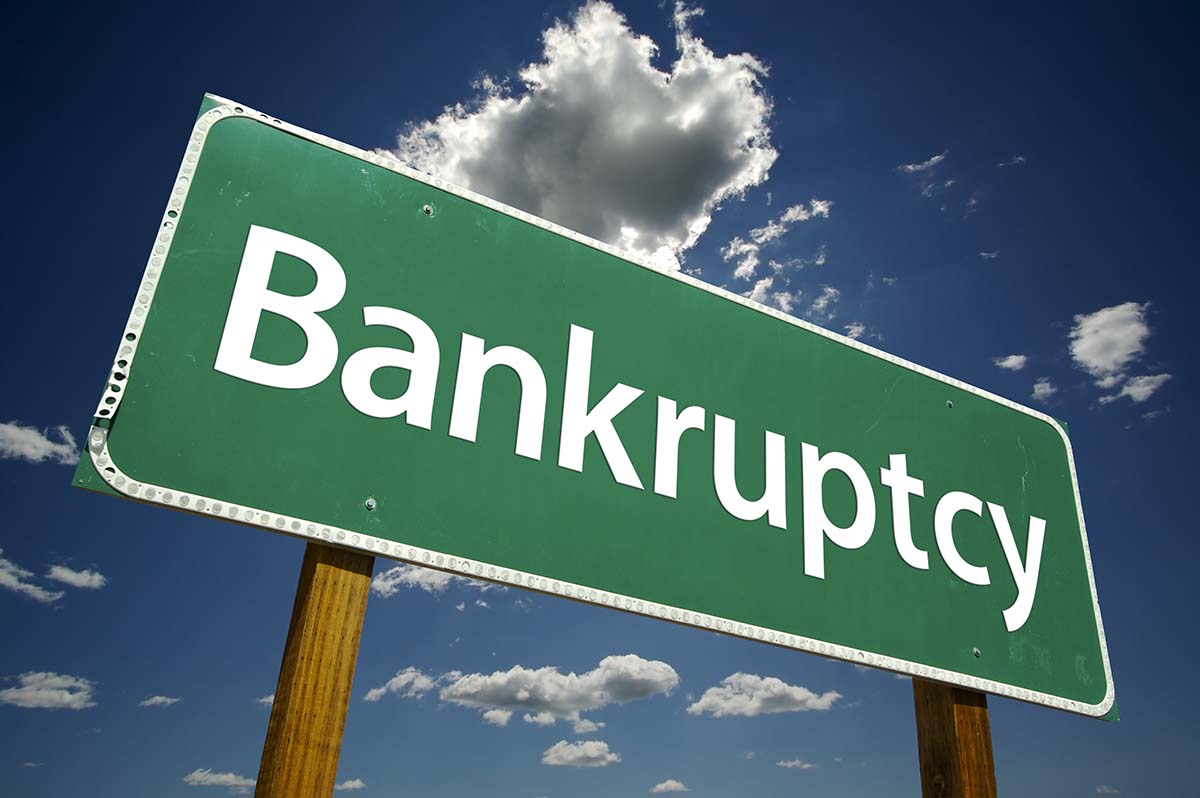Is Debt Discharged in Bankruptcy Taxable?
A bankruptcy discharge is definitely sought after but many people are unaware of all its implications. Taxation issues are the ones that seem to raise the most concern. One very common question is whether taxes are owed on debt discharged in bankruptcy.
The Short Answer
The short answer to the question is no a�� you dona��t have to pay taxes on the debt discharged in bankruptcy.
This is the main difference between getting a bankruptcy discharge and a debt discharge that occurs following a decision on behalf of the creditor. During the bankruptcy discharge, IRS is not going to consider the cancelled amount a source of income.
Arizona Regulations and Additional Considerations
Now for the longer answer a�� by law, creditors are required to submit a form called 1099-C to IRS whenever certain amount of debt is cancelled. Ita��s still possible for a creditor to send out the form during a bankruptcy discharge. Even if this happens, the amount discharged is not going to get taxed.
As a debtor, you can fill out and submit a form 982 a�� Reduction of Tax Attributes Due to Discharge of Indebtedness. This form pinpoints the amount of debt that got discharged during the bankruptcy and that shouldna��t be included in tax calculations.
Keep in mind that any portion of the debt that gets cancelled before or after the occurrence in the bankruptcy discharge will impact taxes. If this happens, the IRS may eventually consider the amount income. There are just a few exceptions to the rule. These exceptions include gifts and inheritance, paid debt that would have been considered a deductible item to the borrower, a few specific kinds of student loans and specific types of mortgage payments.
The Premise behind the No Taxation Policy
This policy has been formulated as a special type of treatment on behalf of Congress. People who file bankruptcy and seek for a debt discharge this way are already dealing with some financial strain. Chances are that these individuals will simply be incapable of paying additional taxes.
Ita��s highly likely for people who file Chapter 7 bankruptcy to discharge large amounts of debt. On occasion, these amounts may exceed 50,000 dollars. Income taxes on such amounts will usually go above 10,000 dollars in the absence of the bankruptcy taxation clause.
A person filing for bankruptcy will not afford such a tax bill, which is why all amounts discharged during the proceedings are not considered income by IRS.
Still, there may be certain complications and financial obligations pertaining to taxes.
 Tax debt is much more difficult to discharge during bankruptcy proceedings than other kinds of debt. A waiting period of at least three years will be required for some tax debt to be cancelled. Two additional conditions also apply a�� filing the return at least two years prior to the bankruptcy and having the debt assessed by IRS at least 240 days ago.
Tax debt is much more difficult to discharge during bankruptcy proceedings than other kinds of debt. A waiting period of at least three years will be required for some tax debt to be cancelled. Two additional conditions also apply a�� filing the return at least two years prior to the bankruptcy and having the debt assessed by IRS at least 240 days ago.
Most other kinds of tax debt cannot be wiped out. You will still be responsible for it after the completion of the Chapter 7 bankruptcy procedure. The IRS also has the power to use certain tools that other debtors dona��t have access to. Taking future tax refunds is one of the things that IRS will turn to in order to collect the sums that you owe.
To sum it up, debt that gets cancelled in a bankruptcy doesna��t lead to additional tax burden. Even if you receive Form 1099 from the IRS, you can follow a simple administrative procedure to get the discharged amount excluded from the tax calculation. Debt that is wiped out by a creditor before or after the bankruptcy, however, is examined in a different way and it will be counted towards your income.





